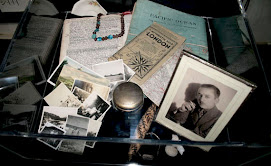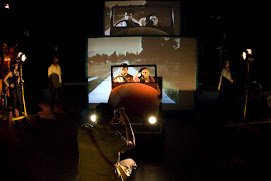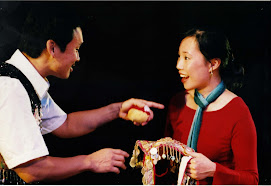In the wake of another blokey take on Australian history from ABC television, I’ve been thinking about the relationship between politics and writing. Not so much ‘political theatre’ which tends to get narrowly defined, but the broader notion of writing as a social practice. The role of writing—and not only journalism and reportage—in the circulation of ideas.
‘ … in many ways, I think what playwrights do is more important than what most politicians do. Being a dramatist isn't just about writing. That part often takes just a few weeks. But we do spend a long time thinking about how people behave, how they live together, how they might live together better—as well as the great cruelties they are capable of. And we're constantly testing language, time and space in our work, to extend the possibilities of human experience. Politicians are concerned with the pragmatic business of running the world; artists, meanwhile, dedicate themselves to finding new insights into our existence. Most of the insights are feeble or crackpot—but some are visionary.’
Read the rest of Mark Ravenhill’s piece here.
In the meantime, as I begin to formulate my 7-ON Old Texts Revisited project, I'm thinking about Australian history. Having neither grown up here, nor gone to school here, my ignorance of this subject is admittedly vast, but there's got to be more to it than a chronology of important men and portraits of men at war—surely? So how about adding a bit more of the female experience to the picture? And let's think past the predictable (prostitutes and gangsters’ molls). What about the domestic workers, the shop girls, the milliners, the midwives, the music teachers, the post office clerks, librarians, hospital cleaners, social activists, florists and baby-sitters, the back-street abortionists, book-keepers, barmaids … ?
Subscribe to:
Post Comments (Atom)
+Photo+Leah+McGirr+3.jpg)




No comments:
Post a Comment